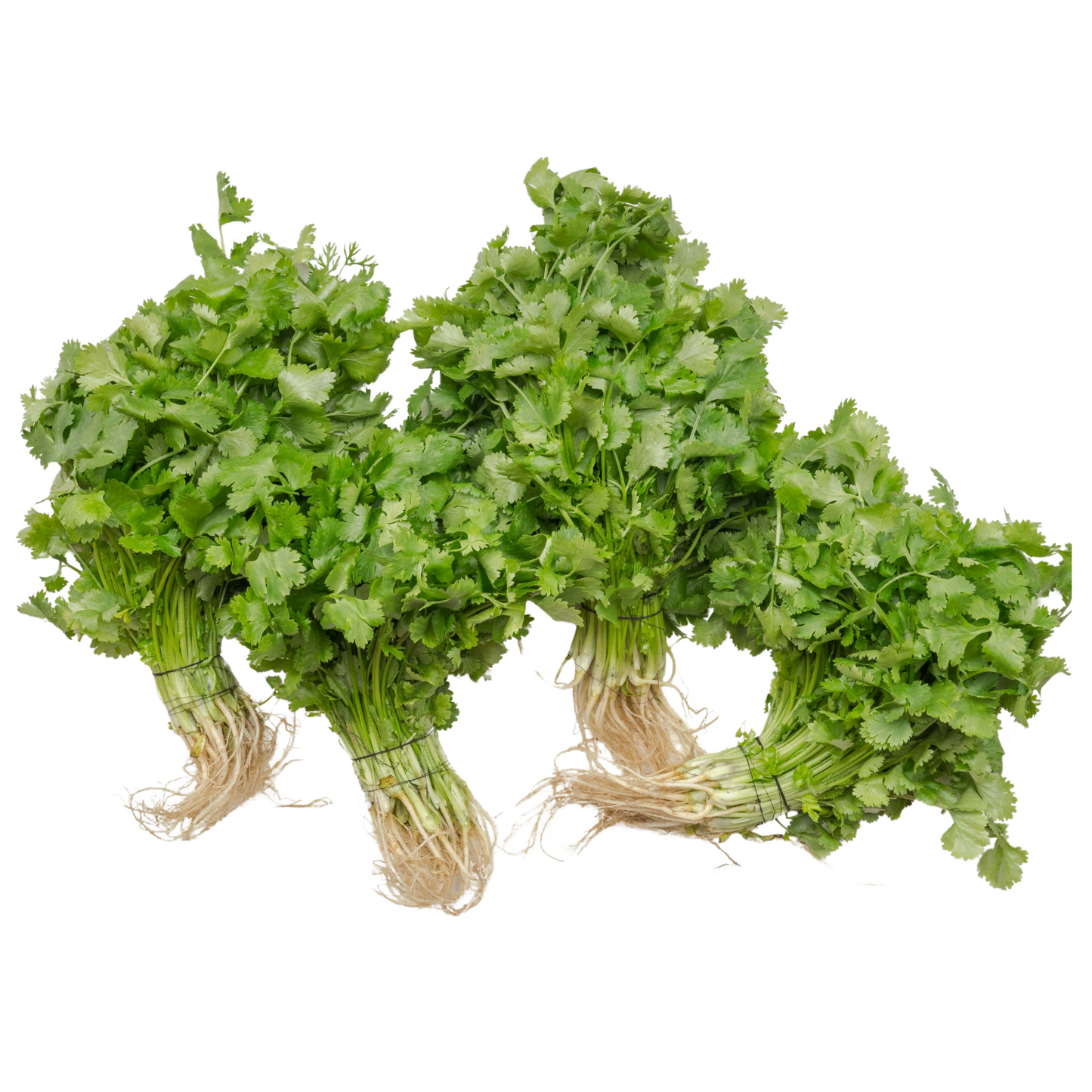JONQUIL
Coriander Slow Bolt - 20 Seeds
Coriander Slow Bolt - 20 Seeds
Couldn't load pickup availability
Slow bolt coriander is a variety specifically bred to delay flowering (or “bolting”) for a longer harvest period, making it ideal for gardeners in warmer climates where standard coriander might flower quickly due to heat. Here are the key features and tips for growing slow bolt coriander:
Characteristics
Delayed Flowering: As the name suggests, slow bolt coriander is less prone to bolting, allowing you to harvest leaves for a longer period before the plant flowers.
Flavor: It has the same fresh, citrusy flavor as standard coriander, making it just as useful in culinary applications.
Growth Habit: Slow bolt varieties tend to grow more robustly and can produce a bushier plant with more leaves.
Growing Slow Bolt Coriander
Here’s how to grow slow bolt coriander effectively:
Soil Preparation
Soil Type: Use well-draining soil rich in organic matter. A slightly acidic to neutral pH (6.2 to 6.8) is optimal.
Amendments: Incorporate compost or well-rotted manure to enhance fertility and structure.
Planting
Seeds:
Sow seeds directly in the garden or in pots about 1 cm deep.
Space seeds about 20 cm apart, as plants can grow relatively large.
Timing:
Plant in early spring or late summer for fall harvests. This timing helps avoid the peak heat of summer, which can trigger bolting.
Care
Watering: Keep the soil consistently moist but not soggy. Water regularly, especially during dry spells, to prevent stress that can lead to bolting.
Sunlight: Provide full sun (6-8 hours of direct sunlight), but if temperatures are extremely high, partial shade during the hottest part of the day can help.
Harvesting
Leaves: Begin harvesting leaves when the plants are 15 cm tall. Cut the outer leaves first to allow the inner leaves to continue growing.
Seeds: If you want to collect seeds, allow the plant to flower and go to seed. Once the seeds are brown and dry, harvest and store them in a cool, dry place.
Pest and Disease Management
Pests: Keep an eye out for common pests like aphids and spider mites. You can use insecticidal soap or neem oil to manage infestations.
Diseases: Slow bolt coriander can be susceptible to root rot in overly wet conditions. Ensure good drainage and avoid overwatering.
Storage
Fresh Leaves: Store harvested cilantro in the refrigerator wrapped in a damp paper towel or standing in water, covered loosely with a plastic bag.
Dried Seeds: Store coriander seeds in an airtight container in a cool, dark place.
Culinary Uses
Slow bolt coriander can be used in the same ways as regular coriander, including:
Fresh in salads, salsas, and garnishes.
Added to curries, soups, and sauces for a burst of flavor.
Used in marinades and dressings.
By choosing slow bolt coriander, you can extend your harvest time and enjoy fresh cilantro for a longer period, even in warmer conditions. If you have any more specific questions or need additional tips, feel free to ask
Share


